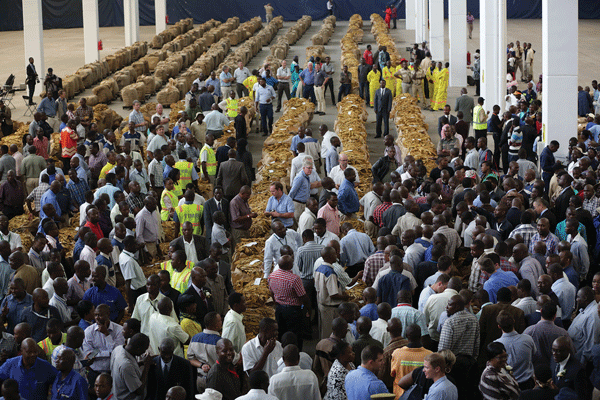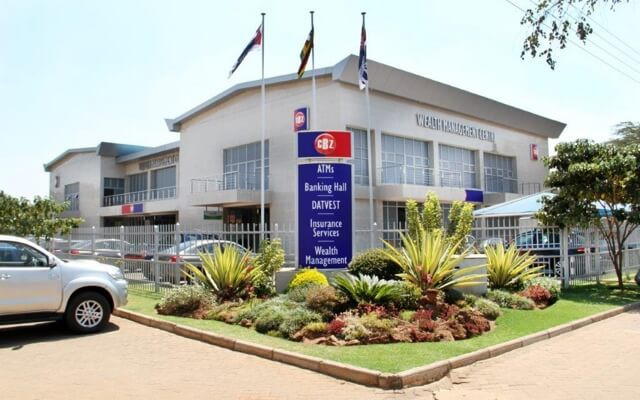
THE government should create a bank that will provide financial support to tobacco farmers, who face financial challenges annually, the Tobacco Industry Development Support Institute for Southern Africa (TIDSI) has said.
BY MTHANDAZO NYONI
TIDSI executive director, Jeffrey Takawira told NewsDay in emailed responses that there was need for the government to establish a special bank to support tobacco farming and eliminate contract farming.
“Failure by farmers to access cash at the banks erodes confidence in the financial services sector. The governor of the Reserve Bank of Zimbabwe, John Mangudya, is on record revealing that there has been a marked improvement in foreign currency inflows into the country driven by agriculture and mining,” he said.
“So what boggles the mind is why then should farmers fail to access their cash. Where is the money? [As] the Tobacco Industry Development Support Institute for Southern Africa, we advance the idea of a tobacco bank”.
Takawira said if the government could create a bank for women or the youth using promissory notes, “surely we can do the same for tobacco using real currency”, as an opportunity to eliminate contract farming in the long term.
In the first seven months of the year, Zimbabwe exported flue cured tobacco worth $282 million.
Takawira said banks were ready to support the tobacco sector and agriculture in general, but the major challenge was the high risk to lend to the smallholder farmers.
- Chamisa under fire over US$120K donation
- Mavhunga puts DeMbare into Chibuku quarterfinals
- Pension funds bet on Cabora Bassa oilfields
- Councils defy govt fire tender directive
Keep Reading
“The land tenure system involving the A1 and A2 farmers and the 99-year leases do not make land transferable and so the land market is dead. So one cannot use it as collateral to get a loan and equally, banks cannot accept the same because they cannot resell on default,” he said.
“Banks are not in business for charity, but to make profit and be accountable to their shareholders. So, as long as the policy environment is not addressed satisfactorily, the farmers will continue not to get adequate attention from the banks.”
The Parliamentary Portfolio Committee on Agriculture conducted a fact-finding tour of the challenges at the auction floors, but they are yet to get a full report from the committee.
Tobacco is one of the country’s biggest foreign currency earners, contributing at least 10% to the gross domestic product.
However, Takawira said most of the farmers have largely remained poor despite the huge contribution due to a host of reasons.
One of the major complaints has been around pricing and lack of government policy support systems, mistrust between buyer and seller.
He said efforts are underway to perfect the e-auction system by the Tobacco Industry and Marketing Board.
One of the benefits of the system is the elimination of collusion or price-fixing among buyers.
Takawira said the expectations from most smallholder farmers was that the introduction of the e-auction system would lead to improved price offering and payment system, but that was not the idea.
“So, there is need for consultation between all stakeholders in this lucrative sector. There is growing anti-tobacco sentiment on the international stage. But then, for as long as there is demand, our tobacco is here forever,” he said. “There is currently no other alternative crop able to sustain livelihoods at the levels at which tobacco is.”











